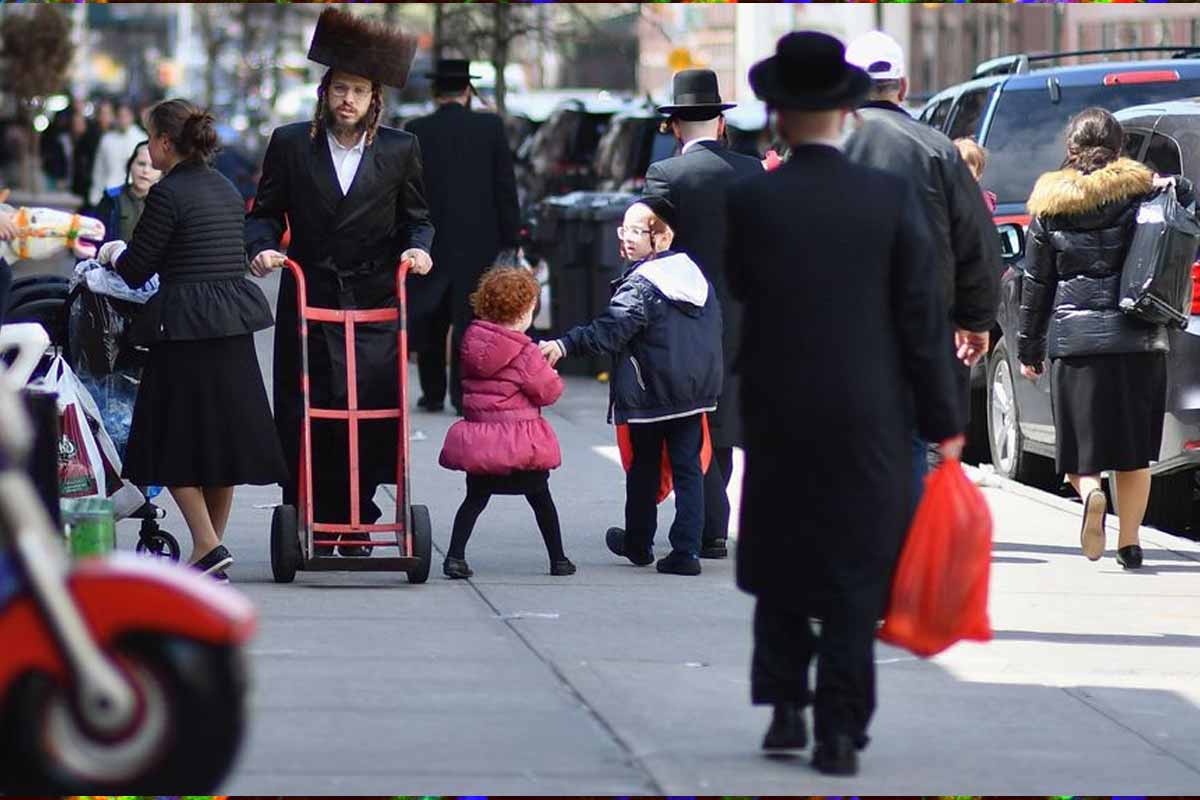Orthodox Jews lawsuit just landed in Brooklyn, and the battle lines are already visible. Parents, students, and advocates say the future of thousands of kids hangs in the balance. New York leaders insist they honored both faith and learning. Between those views sits a single question: what counts as a real education? Stay with me; this one cuts close to home.
The spark in Brooklyn
A class action hit state court on September 18, naming Governor Kathy Hochul, legislative leaders, and New York itself. The filing challenges changes tucked into the 2025 budget that reshape oversight of nonpublic schools, including yeshivas. At its core is a promise the state wrote long ago: every child deserves a “sound basic education.” The statute says instruction outside public schools must be at least “substantially equivalent” to what public schools provide.
The debate isn’t abstract. It’s about English, math, science, civics, and whether kids actually learn them. Plaintiffs include current yeshiva students, parents, and alumni who say they didn’t. They’re asking the court to strike the new oversight scheme. Michael Rebell, a familiar voice from the Campaign for Fiscal Equity era, is leading the charge. He calls the budget maneuver a step backward. This Orthodox Jews lawsuit insists the state can’t sidestep its duty with clever paperwork. The state counters that it respected parental rights while keeping standards real.
Orthodox jews lawsuit
A yeshiva is a Jewish school that centers on sacred texts, with secular studies varying by community. That variety sits at the heart of the case. The filing says the 2025 budget created new “pathways” that let nonpublic schools prove equivalence without consistently teaching core subjects. One route leans on test results or participation rates. Another lets schools shift the yardstick over time. Supporters call that flexibility. Critics hear an escape hatch.
The complaint points to the text of Education Law §3204 and says the budget added a new subdivision that waters it down. Rebell didn’t mince words at the courthouse steps. He argued the Constitution obligates the state to offer every child real tools: reading, numeracy, science, civics, history. He described kids leaving school fluent in faith but underprepared for work, college, or jury duty. The named officials are expected to push back hard. Politics and policy entwine; everyone knows it.
From a letter to a storm
The story didn’t start this month. It began with a 2015 letter from parents, former students, and teachers. They alleged boys’ schools offered minimal English and math, often ending English instruction at age thirteen. That letter triggered probes by state and city education departments. Investigators later reported broad noncompliance at many of the schools they reviewed. The numbers weren’t pretty. Community leaders saw the reports as caricature and bias. Families saw them as proof of neglect. Between those poles, kids kept aging out of classrooms with thin secular skills. Alumni describe entering the job market with earnest hearts and empty toolkits. That gap wasn’t just about careers; it touched daily life—bank forms, leases, doctor visits, voting. The current filing weaves those accounts into a larger claim: the system drifted, oversight softened, children paid the price. At the heart of the Orthodox Jews lawsuit is that simple, aching point.
What changed in 2025
In May, budget talks rewrote how “substantial equivalence” can be shown. The new paths lean on proficiency rates, participation averages, and internal improvement plans. A school could hit the mark if its results match nearby public schools, or if enough students sit for exams and leaders promise to tune instruction. On paper, it sounds tidy. In practice, the guardrails feel loose. A school might swap criteria over time and still claim compliance.
For a district already stretched thin, monitoring becomes guesswork. Governor Hochul framed the law as balance: protect religious freedom, keep education honest. Families in yeshivas heard relief from state intrusion. Advocacy groups heard a retreat from hard-won standards. Supporters of the Orthodox Jews lawsuit say the amendments gutted enforcement and ducked public debate. Opponents of the Orthodox Jews lawsuit warn that rigid rules trample community life and ignore successful graduates. Both truths could live in the same city block. That’s New York.
Lives behind the legal briefs
Numbers tell a harsh story. Research cited by advocacy groups shows many Hasidic men face underemployment and lower earnings than neighbors. Alumni echo that data with lived details: poor English, no science, no civics, confusion over taxes and contracts. Not every graduate shares that experience. Many build businesses, study in adult programs, or thrive in trades learned at home. Still, the pattern troubles those who’ve struggled. Rebell calls it more than policy.
He calls it a constitutional breach. He points to the Court of Appeals language about preparing citizens who can vote, serve on juries, and navigate modern life. That vision isn’t anti-faith; it’s pro-future. Inside communities, leaders argue the state keeps moving the goalposts, and that secular demands chip away at religious continuity. Outside, advocates say the state blinked when it mattered most. The courts will weigh the facts, the law, and the kids in the middle. The Orthodox Jews lawsuit now asks judges to restore stronger oversight, even as the state prepares its response and possible motion to dismiss. Appeals are all but certain. A ruling could revive stricter 2022 rules or let the budget framework roll out through 2032. Either way, families are watching. Teachers are watching. And a lot of young people are waiting for an education that opens doors, not just books.
